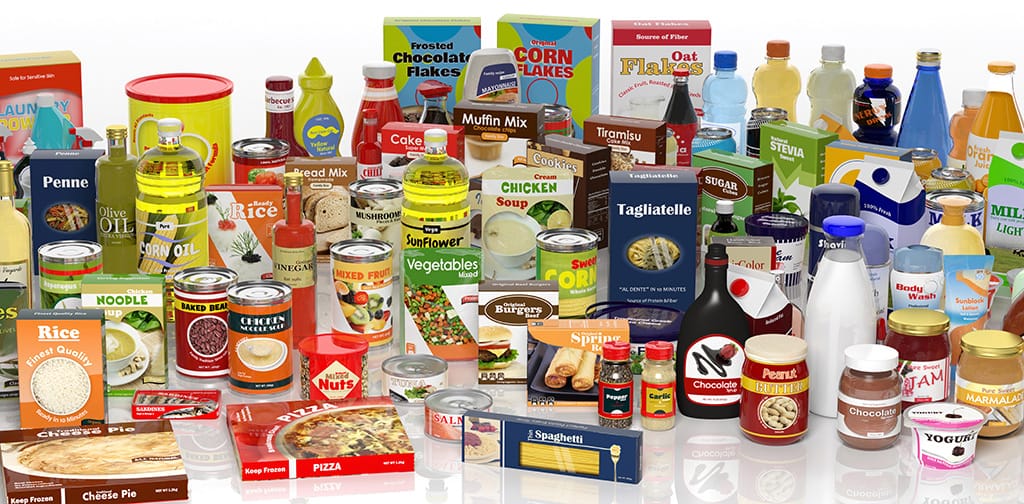if you live in a country where government regulatory agencies use high revenue generation as evidence of how efficient they are in carrying out their mandates, instead of the real act of regulation, you are a product
By Kelechi Deca
The quality of life of people in any society is directly correlated to the extent government agencies, or organizations intervene to ensure that consumables meet given standards, and are worthy of human consumption with the least side effects.
You can never know what good quality of life is if you live in a country where no one cares about basic issues such as water quality, air quality, not to talk of proper regulation of the food and beverage sub sectors of the economy.
You are simply a number in the statistical loop.
That is why I have always maintained that one of the worst things that can happen to any country or society is having regulatory agencies that are more interested in revenue generation than regulation itself.
Few days ago, someone questioned the health claims of Milo beverage especially as the new advertorial targets kids, and warned that parents should take those claims with a pinch.
However, instead of asking relevant questions, or carrying out their own research, some of the parents “bompeted” the poster in a very “eriscoic” way, trying to shut him down.
Recently in India, the Ministry of Commerce and Industry ordered e-commerce companies to remove Bournvita from ‘Health Drinks’ Category. The advisory comes on the back of an investigation that found the Bournvita contains sugar levels, much above the acceptable limits. And has added colorings that deceive consumers into thinking they are getting quality.
Nigeria unfortunately has no such agency that can investigate into claimed contents of some of these beverages. There is an underground sugar epidemic in this country. Unfortunately, the biggest victims are the poor as they are disadvantaged on several grounds.
From information point of view to financial incapacitation, they are holding the short end of the stick.
This is because they are at the receiving end of the high rates of sachetisation of consumables. And living where there is no proper regulations, Nigerians suffer the effects of both shrinkflation (a situation where the quantity of the product drops), and skimpflation (a situation where the quality of the product is drastically reduced while the price remains same, or in our case skyrockets).
And to cover these marketing designed anomalies, what the consumers get, in the case of beverages, is added sugar. They use sugar to deceive the palates of people into believing they still have a hold on quality.
Interestingly, the sugar contents of the mini sachets are far higher compared to those of the bigger containers. Another way the poor holds the short end of the stick. These are well designed anomalies by marketing and brand experts aimed at keeping the patronage of the poor.

Make the mistake of taking the so called Nescafe 3 in 1; you’d be shocked that all you get is the taste of 1 without the other 2. And this goes for virtually all beverages in mini sachets.
The Indian “National Commission for Protection of Child Rights (NCPCR), had called upon the Food Safety and Standards Authority of India (FSSAI) to initiate action against the companies that failed to meet safety standards and guidelines and were projecting power supplements as ‘health drinks’.
Notably, as per the regulatory body, ‘health drink’ has not been defined in the country’s food laws and to project something under the same violates the rules. The FSSAI, earlier this month, also instructed e-commerce portals against labeling diary-based or malt-based beverages as ‘health drinks’.
It could be recalled that years ago, the stand by the State of California forced both Coca Cola, and Pepsi Cola to change their recipes for caramel coloring used in their drinks. It got to a head when the state government insists that they add a cancer warning on their labels.
This was after the food regulatory agencies complained about the levels of the chemical 4-methylimidazole which can be formed during the cooking process and as a result may be found in trace amounts in many foods.
That singular push by California led not only to nationwide adjustments by both soft drink giants across the United States, but today, over half of their worldwide products followed suit.
Same Coca Cola that used to sprinkle the real Coke into its own coke…
But if you live in a country where government regulatory agencies use high revenue generation as evidence of how efficient they are in carrying out their mandates, instead of the real act of regulation, you are a product.
I know manufacturing is hard in this country. Making money to buy stuff is even harder.